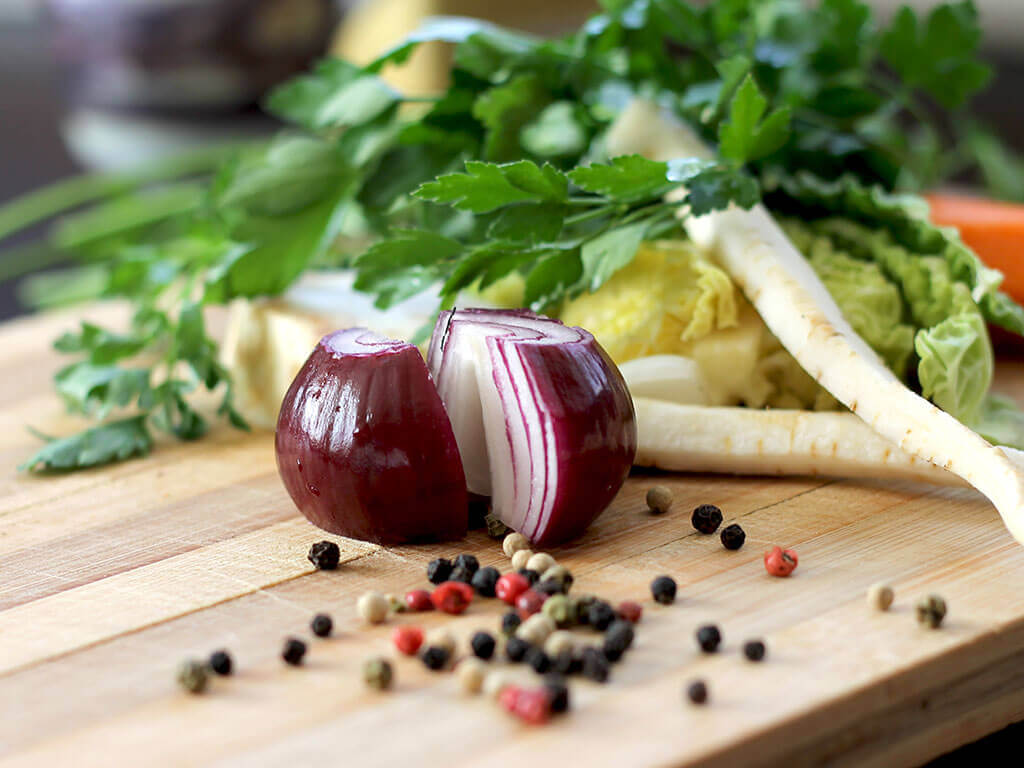It’s seems like everybody is becoming more health conscious these days when it comes to food they consume. This is a good thing because being healthy has so many benefits, but it can also be frustrating at times to really try to figure out what is healthy and what is not. There are so many opinions out there on the subject. With so many studies and consumer reports giving conflicting information over what constitutes a healthy food, some confusion is understandable. Still there are some common sense steps you can take that most experts agree will help reduce your fat intake and eat healthier.
Spice things up a bit
One of the biggest complaints about low-fat food is that without the fat, there is a lack of flavor. True there is no substitute for the taste of real butter or that juicy grisle on the side of the steak, but that doesn’t mean your dishes have to suffer from a lack of flavor. This is an opportunity for you to step your game up in the seasoning department. Your food doesn’t have to be bland just because you are cutting the fat out of the equation. Put that spice rack to use for a change. Now as always taste testing through the cooking process is vitally important but that importance is amplified when you are working hard to cut the fat out of your food while retaining a flavorful dish. Always taste the seasoning combinations as you prepare your food and adjust the spices to suit your taste.
Substitute with olive oil
Olive oil can be one of your greatest assets when you are trying to cut the fat out of your diet and slim down. This would seem to be a contradiction since logic dictates that oil is inherently fatty but there is a reason why this is true. Without getting too technical about it, the basic benefits of olive oil are that it contains significantly less of saturated fat than other cooking oils such as butter or lard. It also has more of what’s known as the “good” type of cholesterol as oppose to the “bad” cholesterol that is found in higher concentrations in most of the other cooking oils. These two factors greatly reduce the amount of fat that is stored in the body when you use olive oil instead of the other cooking oils. So it is important to use olive oil for cooking wherever it is appropriate. Not only will this help reduce the amount of fat that gets stored in your body but it will also add that distinct olive oil flavor to a dish.
Use your measuring cups
When you are dealing with ingredients such as oil or sugar it is important that you get into the habit of measuring the amount that you use while cooking. Even in the case of using olive oil you can still have too much of a good thing. If you measure the amount of the ingredient that you are using while you cook rather than just pouring or adding it into the dish without measuring you will be less likely to use an excessive amount of the ingredient. This will help you to be more aware of the amount of each ingredient that you are using in preparing your food. Then when you use some of the less healthy ingredients in more moderate amounts you improve upon the over health quality of the foods you prepare.
Don’t overcook fruits and vegetables
Fruits and vegetables are known for being rich in vitamins and minerals. Unfortunately when you apply heat to them those vitamins and minerals begin to degrade and break down. This is why timing is everything when it comes to cooking. For this reason it’s important to only add these ingredients at a point in the food preparation process where the fruits and vegetables will have enough time to cook through, along with the other ingredients, without becoming overcooked. In order to do this you need to be aware of how long it might take to cook a thinly sliced carrot as oppose to a thickly sliced carrot or how quickly sweet peas cook compared to cubed potatoes. Add ingredients to a dish in sequence so that all the ingredients will be perfectly cook at about the same time then quickly remove the dish from the heat source.
Skim and strain the fat
When it comes to making soups and stews or other dishes that involve browning or boiling meets, it can be tempting to leave all the juices that cooked off of the meats in the dish for added flavor. But if you are trying to watch your fat consumption, that is not a good idea. One clever trick that you can use to make fat-free broth is chill your meat or chicken broth in the refrigerator for several hours. The fat will rise to the top and solidify. Then you can easily skim the fat off the top of the liquid before using the broth. When browning meat you should also drain the fat from the meat using a strainer or colander before you use it in your dish.

